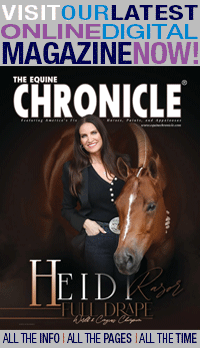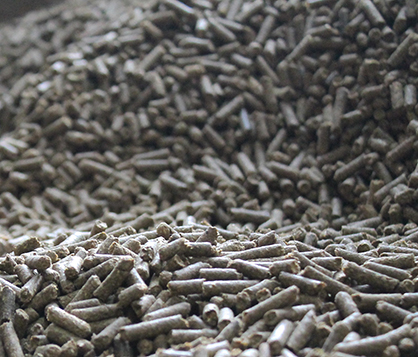
By Kentucky Equine Research Staff In the past few years, extreme environmental conditions such as excess rain, drought, and natural disasters have affected pasture and hay availability in many areas of the country. In these situations, horse owners are faced with the challenge of finding good-quality forage sources, which may be scarce or cost-prohibitive. A […]
Continue reading …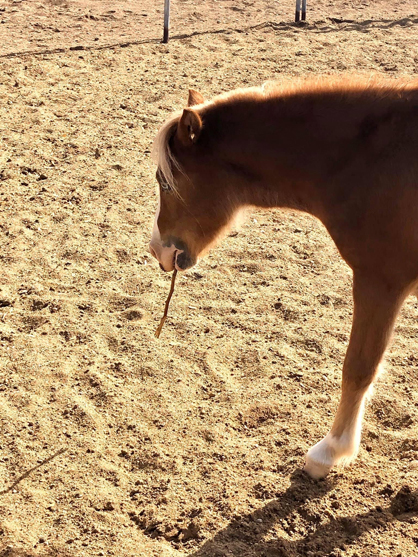
Equine Science Update It used to be thought that using tools was one of the things that set us apart from the animal kingdom. However, it is now known that some species use tools. Reports include chimps using sticks to reach food, sea otters using stones to break open shellfish and even elephants deactivating an […]
Continue reading …
AAEP Being able to assess your equine friend’s weight and body condition is a valuable skill, especially as we head into the colder months. A horse with good body weight will fare better in winter weather than a horse on the skinny side, particularly if it’s an older horse. The Henneke Body Condition Scoring Chart […]
Continue reading …How Well Do Horses Hear Electric Cars?
September 8, 2022 Comments Off on How Well Do Horses Hear Electric Cars?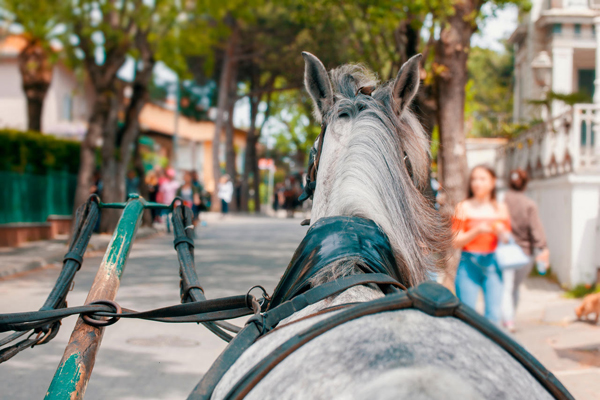
Equine Science Update Electric cars are becoming more common. They make less noise than vehicles with petrol or diesel engines, raising a concern that people may not hear them coming. What about horses? Can they hear electric cars in time? A new study instigated by the British Horse Society (BHS) in conjunction with the Electric […]
Continue reading …Equine Guelph’s Latest Online Course is Golden!
August 26, 2022 Comments Off on Equine Guelph’s Latest Online Course is Golden!
By Jackie Zions, Equine Gelph If you fail to plan, you can plan to fail the adage says. It is certainly true when it comes to keeping your horse comfortable in its golden years. Picking up on subtle cues and knowing when to make management changes can make all the difference in the world to […]
Continue reading …10 Facts: Steaming and Soaking Your Horse’s Hay
August 25, 2022 Comments Off on 10 Facts: Steaming and Soaking Your Horse’s Hay
Kentucky Equine Research Some horses require steamed or soaked hay for their well-being. Choosing which way to prepare hay depends on several factors, including expense, ease of operation and, most importantly, the horse’s health needs. Check out this list of considerations when deciding what’s best for your horse. Soaking and steaming reduce respirable dust particles significantly, sometimes […]
Continue reading …Don’t Forget Momma: Post-Weaning Tips for Mares
August 23, 2022 Comments Off on Don’t Forget Momma: Post-Weaning Tips for Mares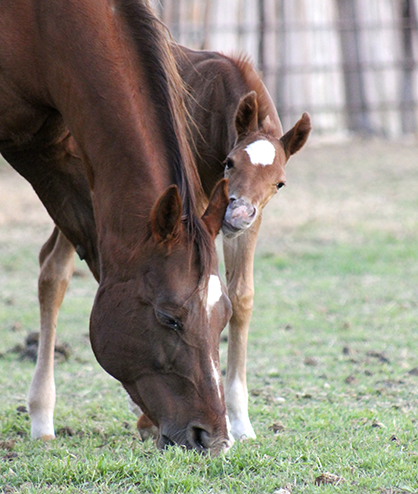
Kentucky Equine Research Foals frequently pull the focus of farm managers during the weaning process, as they are far more susceptible to post-separation problems than their dams. Plus, they’re usually noisier during the process! Most mares, especially older ones, accept weaning with aplomb, but careful attention should be paid to them in case other concerns […]
Continue reading …Facial Expressions: What Can A Horse Grimace Scale Tell Us?
August 11, 2022 Comments Off on Facial Expressions: What Can A Horse Grimace Scale Tell Us?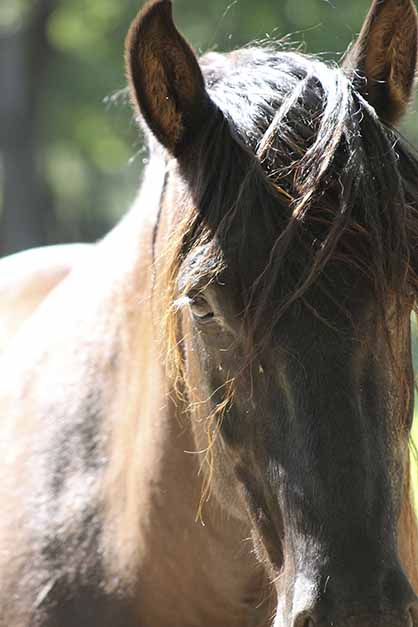
Rutgers University Equine Quarterly, Summer 2022: From the Lab- Facial Expressions: What Can A Horse Grimace Scale Tell Us? Top Takeaways: Horses have 17 facial action units, which they use to generate a rich catalogue of facial movements. This is quite close to us- we have 27. Chimpanzees and rhesus macaques only have 13! Equine […]
Continue reading …Hoof Abscesses in Horses: A Natural Detox
August 10, 2022 Comments Off on Hoof Abscesses in Horses: A Natural Detox
By Kentucky Equine Research Staff If a horse suddenly develops tenderness in a hoof, it is possible an abscess has formed. Abscesses have varying stages of severity, but they have one thing in common: they are created to flush toxins from the body. When harmful bacteria enter a hoof through a crack, fissure, or puncture, the horse’s immune system jolts into action. […]
Continue reading …Guidelines to Follow During Equine Emergencies
July 27, 2022 Comments Off on Guidelines to Follow During Equine Emergencies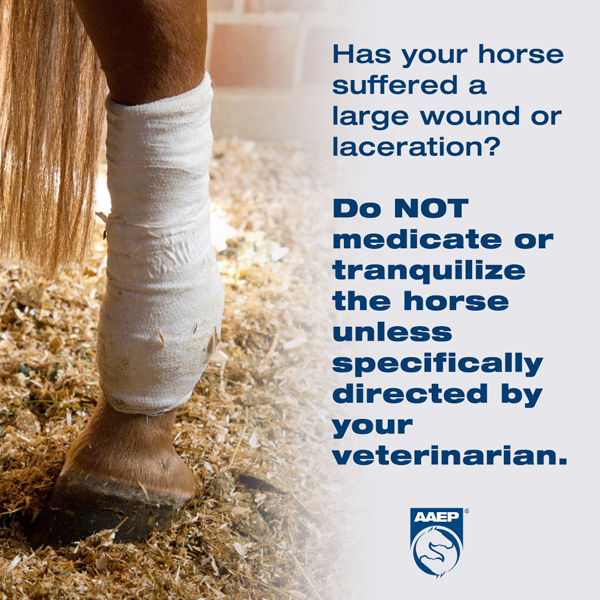
AAEP If you own horses long enough, sooner or later you are likely to confront a medical emergency. There are several behavioral traits that make horses especially accident-prone: one is their instinctive flight-or-fight response; another is their dominance hierarchy — the need to establish the pecking order within a herd; and a third is their […]
Continue reading …